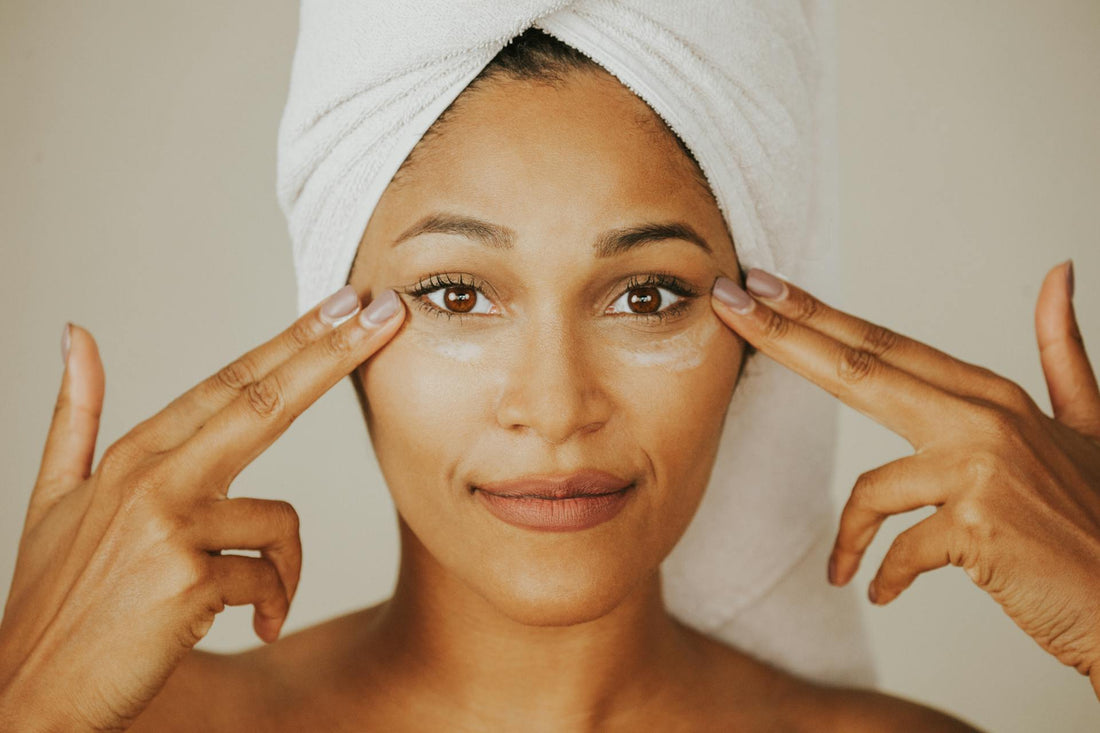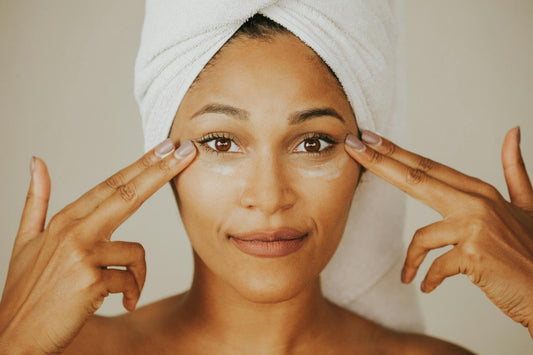The debate around Bakuchiol vs retinol comes down to results and how your skin tolerates them.
Retinol is one of the most researched ingredients in modern skincare. It delivers visible improvements in fine lines, tone, and texture. But for many, it comes at a cost—dryness, flaking, and sensitivity.
Bakuchiol offers a refined alternative. Backed by clinical studies, it delivers many of the same benefits while being gentler on the skin barrier.
Both can smooth, firm, and brighten. The difference is how your skin responds and what your routine demands.
In this guide, you’ll find a clear, science-based comparison to help you select the right ingredient without sacrificing performance or comfort.
Understanding Retinol: Proven Performance with Caution
For decades, retinol has set the standard in anti-aging skincare. It’s a vitamin A derivative that works deep within the skin to increase cell turnover and boost collagen.
Over time, this leads to smoother texture, fewer fine lines, and a more even skin tone. It’s also effective for acne-prone skin because it helps prevent clogged pores.
But retinol is not without downsides. Redness, peeling, dryness, and irritation are common side effects, especially when starting.
People with eczema, rosacea, or naturally sensitive skin often struggle to tolerate it. Even for those with resilient skin, sun sensitivity is a constant concern, requiring careful sunscreen use.
Retinol is also not safe during pregnancy or breastfeeding. Vitamin A derivatives carry potential risks to fetal development, and most medical professionals advise against their use during these stages.
Bakuchiol: The Plant-Based Alternative
Bakuchiol offers a different approach. Sourced from the Psoralea corylifolia plant, Bakuchiol has gained attention for mimicking many of retinol’s benefits without irritating.
In clinical studies, Bakuchiol has been shown to improve fine lines, firmness, and uneven pigmentation while being gentler on the skin. It doesn’t cause dryness, flaking, or sun sensitivity, making it easier to incorporate into daily routines.
For pregnant and breastfeeding women, Bakuchiol is widely considered a safer alternative. It allows women to maintain an effective anti-aging routine without risking their baby’s health. Of course, any new product should still be discussed with your healthcare provider.
Bakuchiol is also well-suited for those managing eczema, rosacea, or sensitive skin. Its anti-inflammatory properties calm the skin while supporting collagen production and improving skin tone.
Bakuchiol vs Retinol: Which One Fits Your Skin?
Your choice depends on your skin’s needs, sensitivity level, and situation.
If your skin tolerates stronger actives well, and you’re not pregnant or breastfeeding, retinol may offer faster results.
If you have eczema, rosacea, highly sensitive skin, or are pregnant or breastfeeding, Bakuchiol offers a scientifically backed alternative that provides visible results with less irritation.
If you prefer a non-synthetic approach to your skincare, Bakuchiol provides a plant-derived option that supports your skin without compromising performance.
Bakuchiol: The Smarter Choice for Your Skin
So, Bakuchiol or retinol? For many, Bakuchiol is the clear choice. You get visible results without compromising your skin barrier. Less irritation. Real performance.
At IDEO Skincare, we go beyond surface-level solutions. Backed by 30+ years of research in cellular metabolism, our Skin Memory Daily Moisturizer uses Bakuchiol to support your skin’s natural renewal.
The formula targets the key signs of aging by smoothing fine lines, evening tone, firming skin, and restoring a healthy glow.
It’s not hype. It’s science.
Ready to see the difference? Shop our clinically formulated products today.


















































